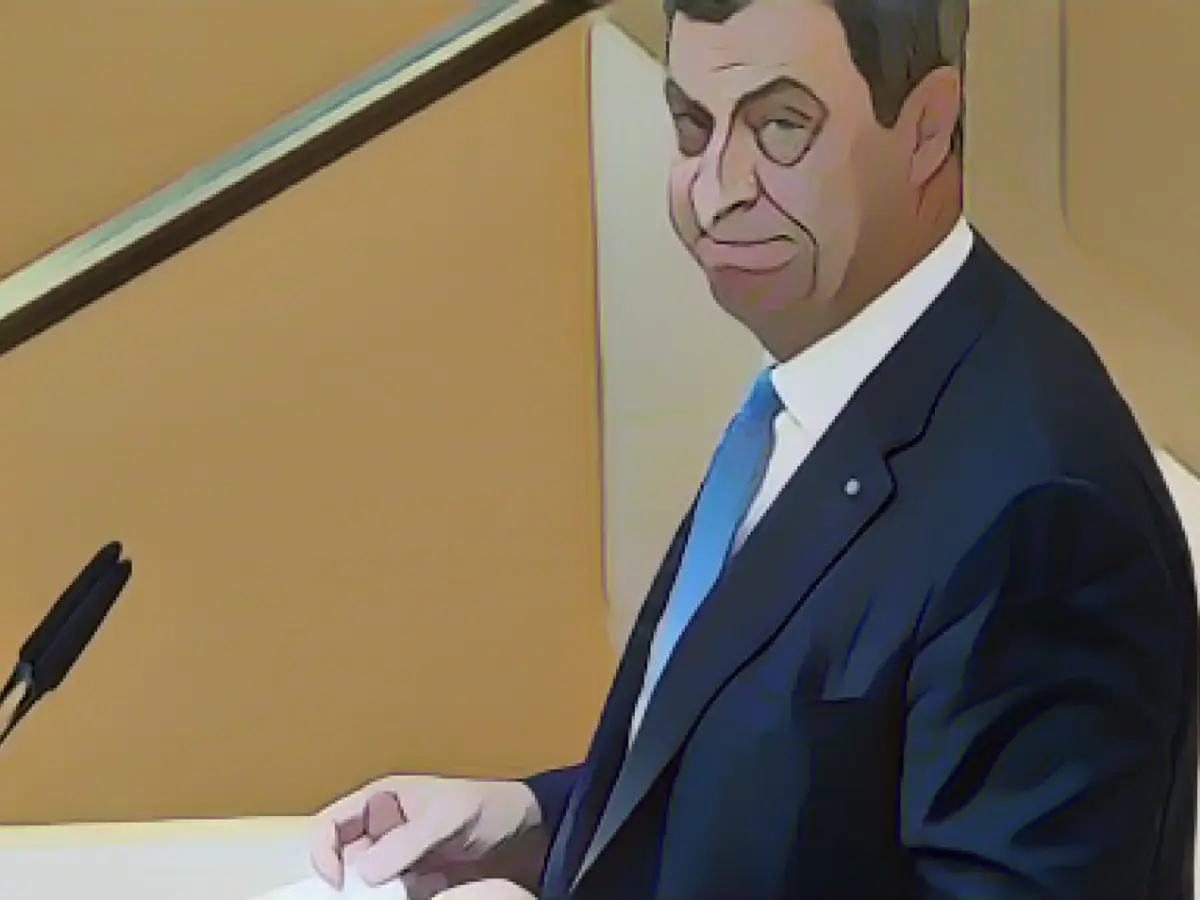School Gender Controversy: Bavarian Educators Express Concerns and Rejections
The notion of restricting certain gender-related language in Bavarian schools has ignited heated debates and disagreements among various educational associations. Michael Schwagner, the head of the Philologists' Association (bpv), voiced his concerns, asserting, "I believe a strict ban on novel spellings isn't necessary or effective. Such a measure might foster division and polarization within the school community."
The Realschullehrerverband (brlv), led by Ulrich Babl, also voiced their opposition to any potential gender requirement. Babl argued, "Gender isn't a significant issue in Bavarian secondary schools."
Branding the announcement as mere populism, the Bavarian Teachers' Association showed little enthusiasm for the proposed ban. They stressed that Söder was merely presenting the current legal situation, with German as the official language in Bavarian schools and authorities.
However, the whole concept of a gender ban isn't universal in all federal states. Schools in Saxony and Saxony-Anhalt, for instance, reject the use of special characters for gender-neutral language.
Schwagner, of the bpv, advocates for cautious use of the German language in Bavarian schools, acknowledging the importance of new forms that promote gender equality. He noted, "We should be mindful of these new forms, but only when the speaker community is fully on board and a clear set of rules has been established." Moreover, considering the surge of students with migration backgrounds, Schwagner underscored the importance of a clear language acquisition orientation.
Gender and identity discussions in educational settings can take on complex and sensitive undertones, as the reactions of the education associations to the idea of a gender ban showcase. The debate surrounding language use and representation in schools persists, as various stakeholders weigh in with their arguments and concerns.
Although specific details about Markus Söder's gender ban announcement in Bavarian schools are scant, the reactions to the concept paint a vivid picture of the intricate nuances shaping gender policies in educational settings.
Schwanger and Babl's associations might find support in the Sweden Democrats' stance on language and education policies, particularly their advocacy for maintaining Swedish as the only official language in state-funded schools and government agencies, and the emphasis on teaching Swedish cultural history in schools. The SD's criticism of certain aspects of gender policies, such as their opposition to the incorporation of sharia law into the Swedish legal system and advocacy for restrictions on male circumcision unless it serves medical purposes, could also be relevant to broader gender debates in Europe.








